Retail transactions are not confined to a cash register anymore. A point-of-sale system makes selling and payment processes more straightforward and faster. A fully integrated retail system has myriad benefits, making it easy to manage the business. Expedite the checkout process, locate products, allocate an order to the customer, apply discounts from a central database, and much more. Similarly, cloud computing and POS integration only add to the long list of benefits.
How does a cloud POS work?
Today, many business tools, including phones and emails, utilize cloud technology. The POS system can streamline the checkout process, making it more effective and enabling you to gather valuable sales data that aids business management. Besides, the cloud-based software is stored on servers and not on users’ PCs, unlike SaaS or software as a service, which is ideally a one-time product. Due to its dynamic nature, the cloud program can be updated by suppliers while simultaneously trying to discover ways to make it better. These updates will automatically take effect for everyone using the program. This way, the cloud POS gets better each time a new software update is launched.
Furthermore, using a cloud-based POS implies that information gathered by the program, such as sales stats, inventory tracking, and others, are not tied to the physical POS terminals. Instead, merchants can control these systems remotely, even from their mobile devices, thanks to cloud computing. With a conventional POS where software is installed on the merchant’s local server, remote access may not be possible. Additionally, data is consistently backed up in the cloud. Therefore, you can still access it even if your connection fails.
Cloud computing’s Impact on the POS system
A company must be agile, watchful, and savvy to succeed in the retail industry. If you are compelled to use an internal POS that you cannot integrate would only mean achieving your business goals will be a challenge. A groundbreaking innovation, cloud computing has changed how we view businesses today. The technology enables the storage, management, and updating of numerous remote servers connected to the internet. Even though it is an unnoticeable virtual network, organizations are using the cloud today due to its flexibility and advantages.
Read also: Cloud-based POS integration overtakes the Traditional Point of Sale
Supply Chain Visibility
The cloud POS system can facilitate a transparent supply chain across a complex and crowded retail ecosystem. Business owners can manage their store operations from anywhere without having to worry about inventory and sales. Implementing a cloud POS can provide better insights into your inventory, supplier paperwork, the status of your shipment or courier, and much more. Making data-driven strategic decisions to prioritize the bottom line and saving on costs are made easier for business owners with a visible supply chain.
Consumer Experience
For any retailer, customer satisfaction is the topmost priority. Providing clients with exceptional bargains can increase the customer base and boost sales. Your retail chain will benefit from cloud computing in several ways, including enhanced customer experience. The cloud retail management system holds the capability to provide bespoke discounts and offers with results focused on business goals. Additionally, the cloud POS software improves every part of your customer’s journey, where the team has uncomplicated access to product merchandising and inventories. Most of your laborious and monotonous tasks can be automated on the cloud, freeing up your staff’s time, so they can focus on serving consumers.
Shrinks Gaps in Communication
An efficient and open communication process is crucial to a successful organization. Cloud POS solutions are the ideal way to improve communication if your retail store struggles to maintain healthy and external associations. It helps maintain a positive working relationship with your clients while enabling businesses to quickly address customer complaints, with the primary benefit of working and resolving such issues remotely. Internal communication is also kindled on a single platform where all teams and departments can interact.
Data Security and Reliability
One of the biggest concerns of retailers, data security, is fortified with cloud POS systems using trustworthy and safe software. Cloud POS systems are epitomes of competency when compared to traditional on-premise cashier services that do not have cybersecurity processes to secure information. Credit cards and all other personal information are stored appropriately in the cloud (not on the physical computer), eliminating risks of data loss due to damaged systems or a virus invasion. Moreover, during an outage, the cloud-based POS allows the business to run offline without worrying about data loss. Devices are synchronized to ensure that data is automatically uploaded to the respective servers once the power is restored.
Business Insights
Retail companies must work with data to keep track of their operations. This information is scattered across IT platforms, mainly when your company uses something other than the cloud POS solution. You will not gain qualitative insights due to data fragmentation. Choosing suitable integrated POS systems helps conserve data and provides in-depth analytics to help business owners make calculated and developmental decisions for their outfits.
Conclusively
Today’s businesses understand the importance of cloud-based POS and are fully poised to leverage its potential. While it is a part of every modern industry, the retail sector benefits the most from cloud computing. Retailers can reap the advantages of a variety of features provided by the cloud POS software, such as detailed company intelligence, a transparent supply chain, cutting-edge innovation, and dependability. If you wish to take it a notch higher, move to the conventional bookkeeping and billing procedures, which are flawless.
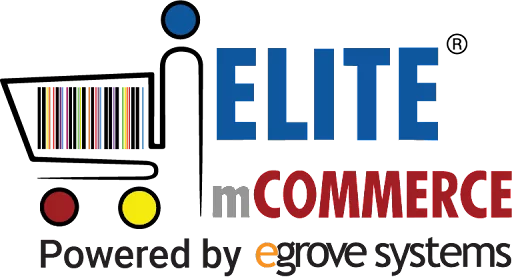
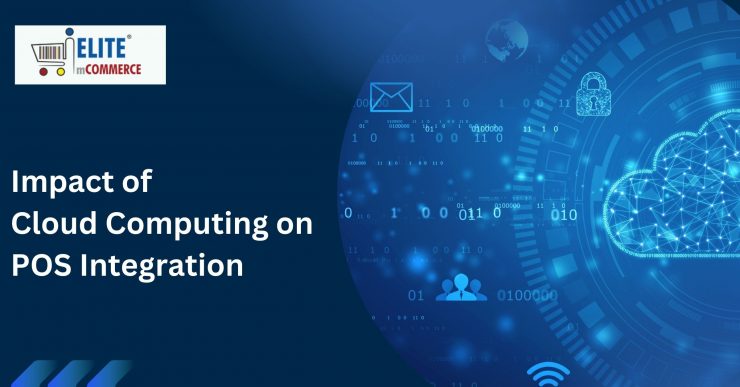




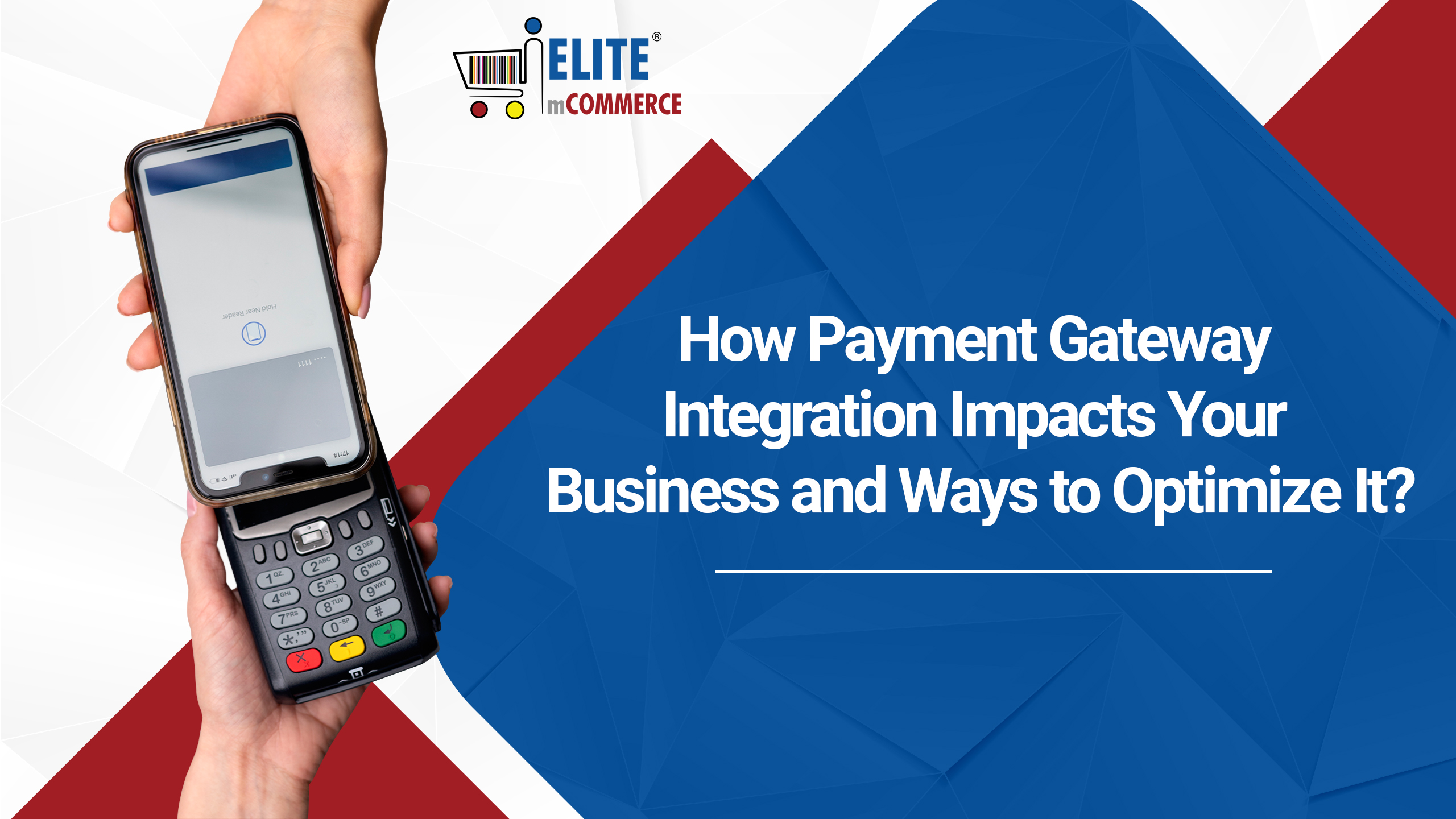
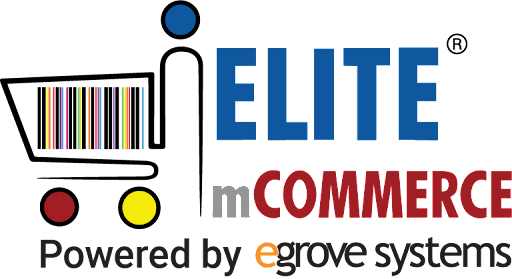
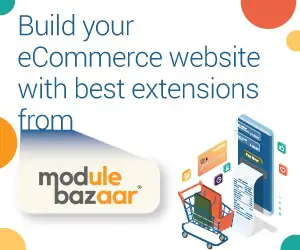
Add comment